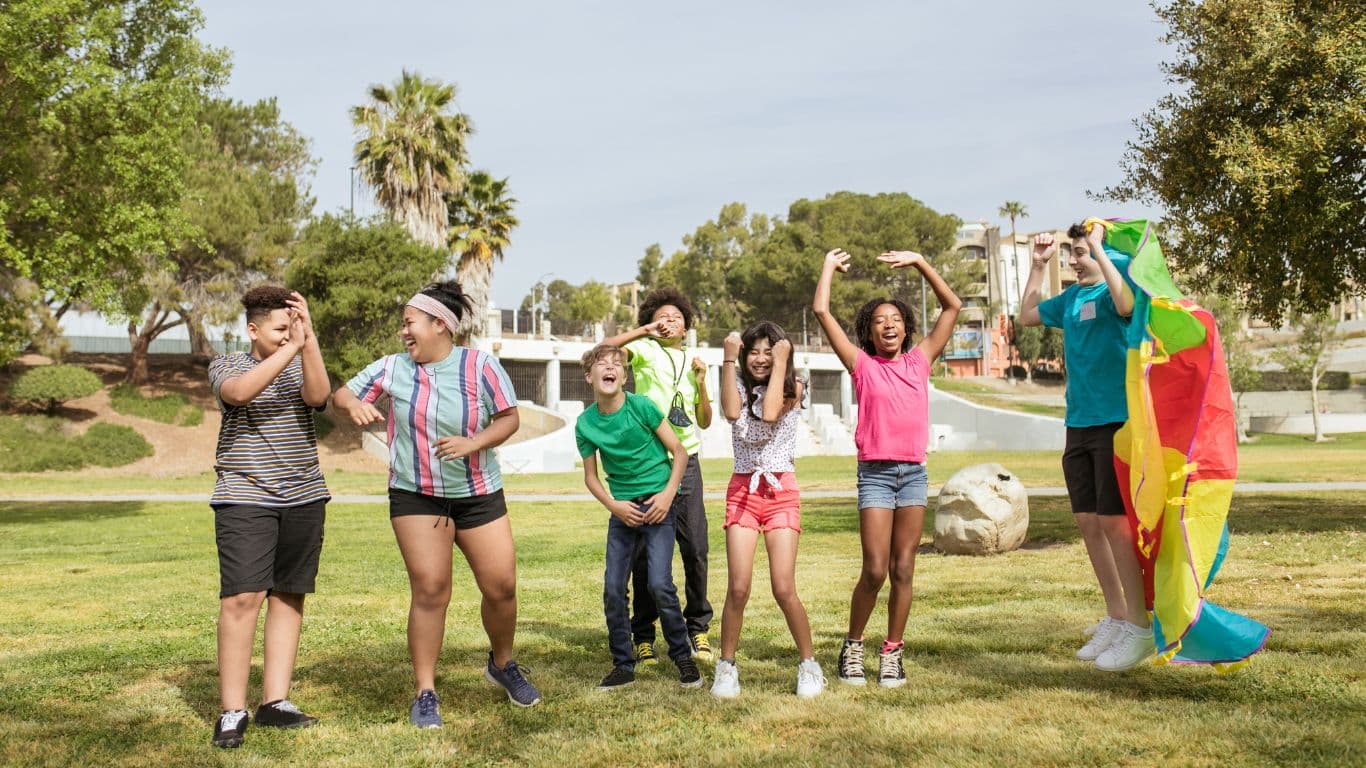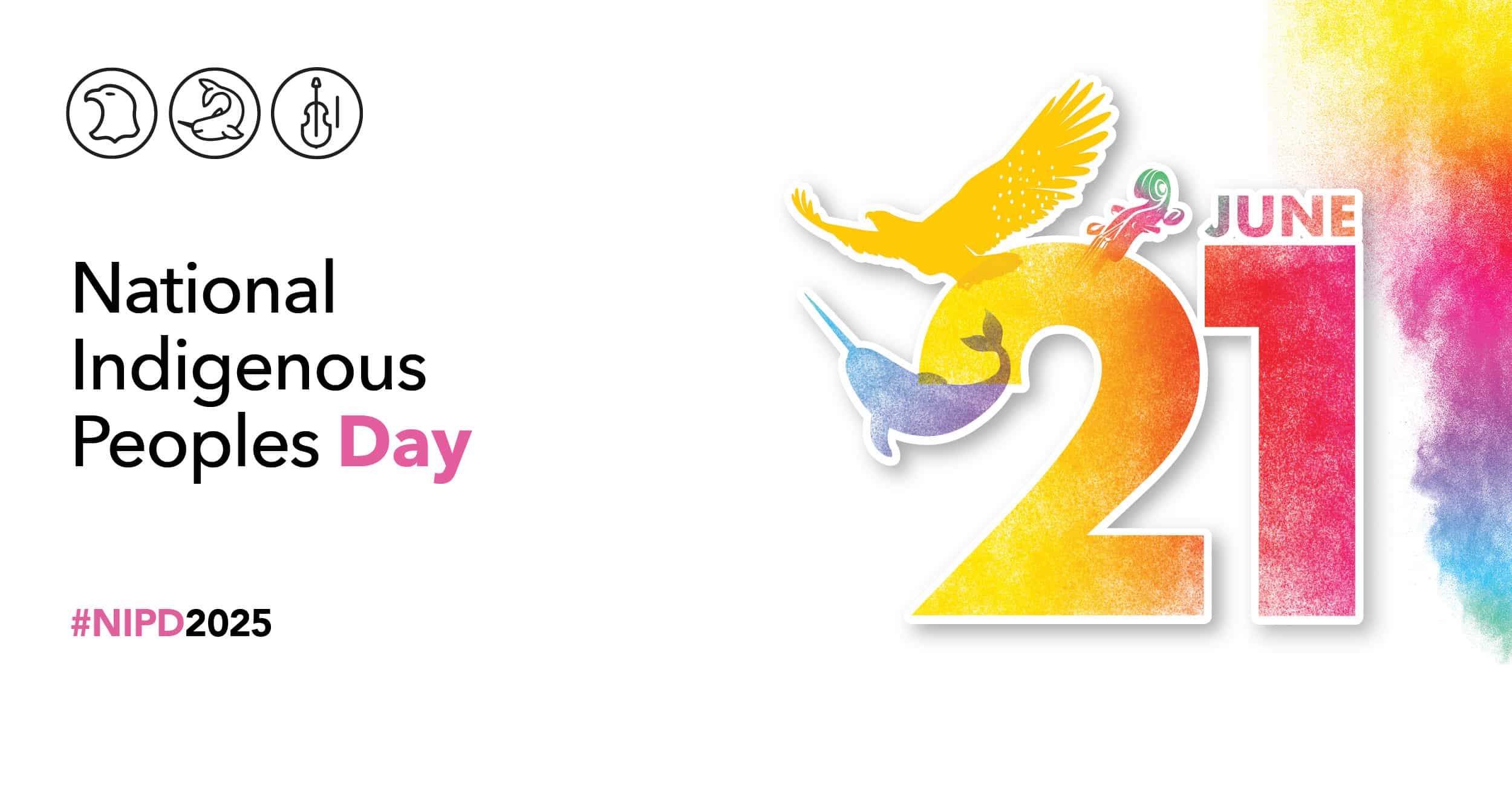After all, the adoption has been legalized in the foreign country. Isn’t it now legal in Canada too? Isn’t it my right as a Canadian citizen to have my child granted status?
The reality is, at least in Citizenship and Immigration Canada’s view, there is no absolute right as a Canadian citizen to have your adopted child granted status. There are requirements that must be met under the laws of Canada. This means the process of obtaining status for your adopted child can take time.
One issue that needs to be determined at the outset is whether you will choose to pursue permanent residence or citizenship for your child. There are different requirements, advantages, and drawbacks to each route depending on your circumstances. Laws in Canada prohibit an agency from advising you in this regard. If you are unsure, a lawyer can help you identify the pros and cons of each option.
Paperwork and patience
There are many steps to be taken in order to complete the process. Some may be as simple as filling out forms. But even this seemingly simple step can be critical to whether your application will be approved expeditiously, or at all. As the applicant, the burden of proof is on you to provide all the information necessary to support your case. Many Canadian visa offices require extra forms or information in addition to those set out on the Citizenship and Immigration Canada website. Some of these documents may only be obtained in the foreign country, and you may need counsel there to assist you in obtaining them. Providing incomplete or inaccurate informaiton, even unintentionally, can result in delays or a refusal.
Many visa officers are conscientious and humane. However, as with any bureaucracy, there can be a wide range of customer service and competency. Adequate resources are not in place to deal with the number of applications, the process can be very slow, and it can be difficult to get a response. Informing yourself about the process as early as possible is key to avoiding unrealistic expectations, which, in turn, can reduce stress levels immensely. It helps to remember that immigrations authorities are legitimately concerned with ensuring that adopted children have no been victims of trafficking or other unethical or criminal behaviour.
Get a lawyer or DIY? It’s your choice
You may decide to complete your child’s immigration application by yourself, or you may choose to see a lawyer to assist you in obtaining status for your child. It is important to understand that the role of counsel is to assist you in putting forward your best legally available case. Your lawyer cannot guarantee a particular outcome and, if they do, it should be the first warning that they may not be the right lawyer for your. Your lawyer should ensure that you submit your child’s application with sufficient supporting information. Experienced lawyers can also assist you in spotting potential barriers to success.
If you decide to use a lawyer, it is best to consult with one as soon as possible, perhaps even as soon as you have decided on the country from which you wish to adopt. By being involved early, the lawyer can advise you on what issues are likely to arise, how to address them, and perhpas even how to prevent them in the first place. They can also assist you to identify any additional documents that you will need and help you present them before the visa office in the country of your child’s birth has to ask you for them. This can improve your adoption’s timeline.
It is important not to take the immigration or citizenship process lightly or to assume that your applicaiton will be approved as a matter of course. Understanding the process before getting involved in it is key.
David Morris has been practicing in the are of Canadian immigration law since 1993. He deals with all issues relating to immigration and refugee law. He recently returned to practice in Canada after 4 years working as counsel of the prosecution at the United Nations International Tribunal for Rwanda in arusha, Tanzania.
Andrea Bastin is a Regulated Immigration Consultant, and mother of three boys, two of whom she adopted. Her own experience with CIC opened her eyes to the complexity of adoption as it related to immigration, which led to her study of immigration law and her work with David Morris.






